Final Q&A: Reflections from Translators Without Borders
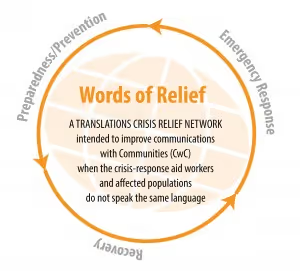

;
Rebecca Petras, deputy director for Translators without Borders, talks about the successes, challenges and next steps for their HIF-supported project to develop and implement the world’s first crisis relief translation service.
;
In your own words, what did the Words of Relief project aim to do and why is it innovative?
‘Words of Relief’ is the first crisis relief translation programme in the world. The goal is to improve communications between aid organisations and affected populations in order to help save lives and enhance humanitarian action.
After the Haiti earthquake in 2010, the subsequent Harvard report cited translation as a perennial issue in relief. Translators without Borders (TWB) was born from this crisis and need. Initially the service was created to aid translation for agencies to communicate better with affected populations outside of crisis. It was my goal when I came on board as Director in 2012 to figure out how to translate during crises. This is difficult for two primary reasons:
1. Each crisis requires a new set of translators to be identified and trained e.g. you can’t use the translators in Philippines for the translation needs in Nepal!
2. We need to work with professional translators who are willing to volunteer their time with little warning and around their other commitments. These translators will often also be affected persons of that crisis and so vulnerable themselves.
Can you explain how the Words of Relief project works?
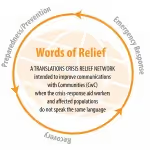
The HIF-project largely focussed on translation support in Kenya where there are 42 languages - 12 of those core languages - and translation services are greatly under resourced. Here we tested the ‘Spider Network’ concept – we sourced community translators who all spoke Swahili but also one of the 12 core languages. This ‘pivoting’ method, means that they translate from the main language in common into their local language e.g. Swahili into one of the 12 languages – this allows us to reach the most vulnerable people who only speak local languages. The translators were trained to work together in a rapid response team for an aid organisation. As part of the pilot, once teams were put together we simulated crises to see if they would be able to respond and translate accurately and measured their response. At first, we found the service was not fit for purpose – we needed to teach people exactly what community translation meant. For example, we took a first aid text and explained that rather than a simple word-for-word translation, they needed to contextualise the words into concepts that the community in question would understand. For instance, in Nepal we translated a first aid app for the Red Cross. One phrase was ‘If choking – call 911’. Here the translator can’t just translate verbatim – especially given that 911 is not the right number in Nepal. Even the phrase ‘First aid’ and the words ‘first’ and ‘aid’ might be very different in Nepalese to English.
Was there anything unexpected that you learnt, or a use for your project you didn’t expect?
We were overwhelmed by the interest and need in this service at the field level. However, what we didn’t expect is that at head-office level, especially in West Africa, there is a perception that most people speak English. In some cases people at the decision making level tried to block our access. Unfortunately, rarely do the people in the field have time to advocate to change this opinion. This knowledge led TWB to be very proactive and package the product right, with evidence to support it.
Some of our field studies have provided results to show how comprehension in supposedly English-speaking countries is in fact low. In Kenya, we translated a poster used by International SOS regarding knowledge of Ebola prevention, how it’s transferred, how to deal with someone who gets. Health workers’ comprehension of this document – who self identified as bilingual in English and Swahili - were tested in rural and urban Kenya. Comprehension averaged at 8% before the poster was viewed. When viewed, those who were given the English document scored a comprehension level of 16% but those viewing Swahili scored 92%. This challenges the assumption that most people in Kenya speak and comprehend English.
We need to use this data to with donors, asking the question whether funded communications activities are accountable from a comprehension and language standpoint.
The project has really helped gather evidence around the power of language. These spider networks of translators, which we also call Rapid Response Teams, assemble a community of people that are intimately linked and connected to the crisis. Whatever people lose, they will always have their identity and their language and that empowers people. This project has helped to show aid responders another perspective to language needs but also how to work with communities to empower themselves.
What are some of the main outcomes?
We have created a repository of content in Swahili that addresses the affected people’s needs first and foremost, as opposed to just the responders. We have translated well over the goal into Swahili and the intended amount into Somali. We are in the final stages of working with Microsoft on our digital exchange API (Words for Relief Digital Exchange) that directly links our partners in the field with our Rapid Response Teams. We are incorporating the repository into the visual exchange so people can access it at any time in local languages. The partners and aid organisations will share the translated materials with affected communities and we are also working with ReliefWeb to host the documents. We have a growing database and we’re making a public facing site connected to the Words of Relief Digital Exchange.
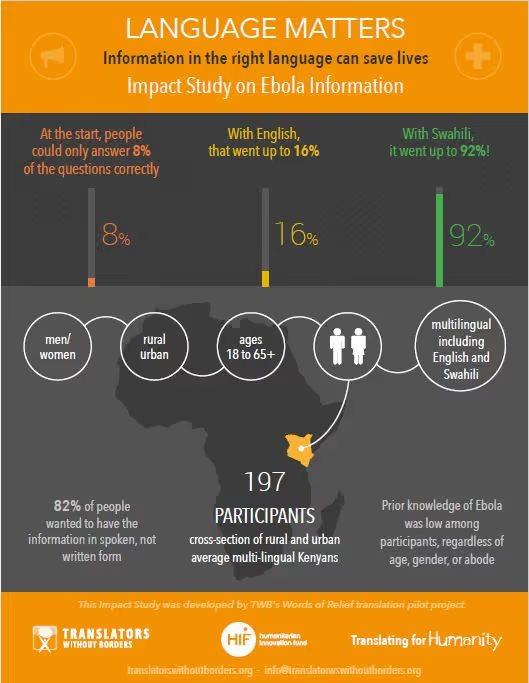
Machine translation has been a huge outcome. For major world languages people can use tools such as Bing Translator for initial ‘quick’ translations. But for many of the languages spoken be people affected by crises, there are no machine translation options. Our goal was to have enough words translated to have a crisis translation engine useful in Swahili. We trained the Microsoft Translator engine with crisis and health words. We started with a 0.3 success rate; in the end it was 47.3% - very high compared with other languages of this level. Two big success-measure points. Before the engine, it took a person 4 hours and 45 minutes to translate 1000 words. After, when the document was run through the engine, post editing took only 30 minutes.
Microsoft was so impressed with the crisis engine that they now are using trained translators to translate open content across 16 crisis languages and training engines in each language e.g. Indonesian, Bengali. This will result in our content database growing drastically; we will have a crisis centre, not just an engine!
Through the project we have created a solid orientation and training procedure for community translators. We have also secured some funds to professionalise this and make it more widely available in the sector.
What are the plans for Words of Relief moving forward?
We are continuing to put together the digital exchange and making a public-facing site for repository. All training for translators will also be there. A stand by task force will be working with aid agencies to simulate rapid response teams to improve these trainings.
We are approaching several funders to extend the Words of Relief project, for example from the Global Innovation Fund. We aim to: 1. Build spider networks in three more areas. 2. To be able to rapidly respond to any global crisis.
We will be working with the Hewlett Foundation to build infrastructure. This isn’t specifically on the Words of Relief project but it will benefit it.
We plan to focus more on video and audio content as in many crisis prone countries Illiteracy is high. We produced a video called ‘Ebola: a living poem’ which was broadcast on many TV programmes throughout the West African region in many of the languages native to the area. It was received very well and led to public service announcements on the radio too.
How did you involve and engage the project beneficiaries?
We worked with aid workers extensively in initial development through focus groups and worked very closely in Ebola and Nepal with more than 10 agencies. In Kenya our pilot work was directly in collaboration with OCHA. In West Africa it was harder to work with beneficiaries because of the government and aid organization layers. This was not an issue however in Nepal. In Kenya the government did come to our organised events however they were disengaged. To mitigate any bottlenecks we worked within the government’s crisis categorisations.
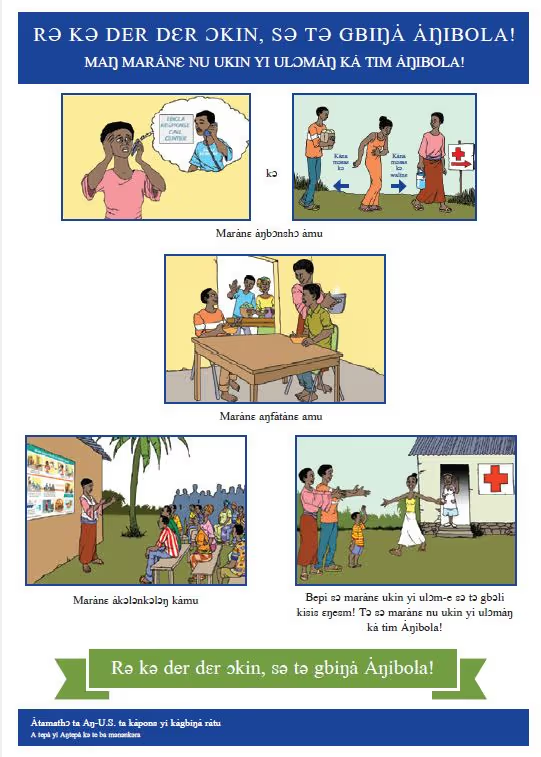
We need to work on our engagement with affected communities. Our application to the Global Innovation Fund includes having a local representative to engage with communities from the off.
Due to the transient nature of crises past the 3-week mark we lose a lot of involvement from our translators. We need to explore ways to incentivise people.
What support did you most appreciate from the HIF and what further support would you like from us?
I loved the structure of the monthly blogs as it encouraged us to reflect and was also a way to report to the HIF but also was public facing so helped with our exposure. The blogs were a great tool to share key information with our board and advisers.
I really like the HIF’s approach to innovation and the openness with which you talk about failure being accepted as long as it’s a means to learn; this greatly informed my approach to the project. I think that the HIF would benefit from a Facebook presence as there is a growing community of innovators and NGOs engaging with it. More tips and tools through your grantee newsletter would also be useful to help share learning and improve the management of our project.
It would be great if the HIF could invite other funders to an event to showcase the HIF projects that have good evidence and are ready for scale up but need further support and funding.
Stay updated
Sign up for our newsletter to receive regular updates on resources, news, and insights like this. Don’t miss out on important information that can help you stay informed and engaged.
Related articles
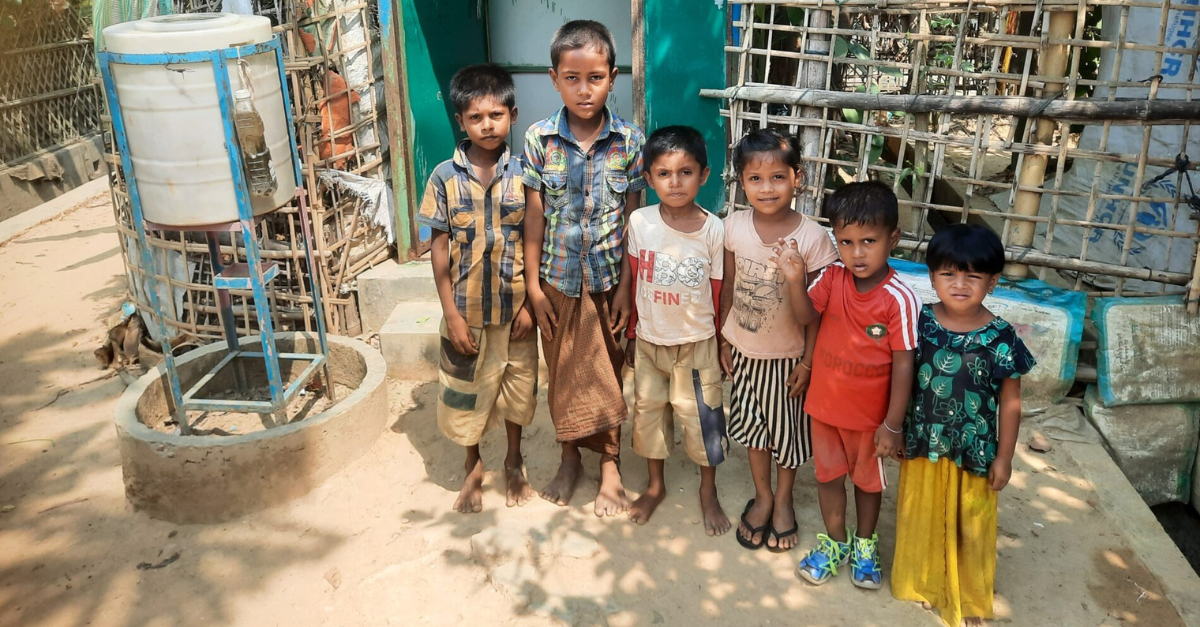
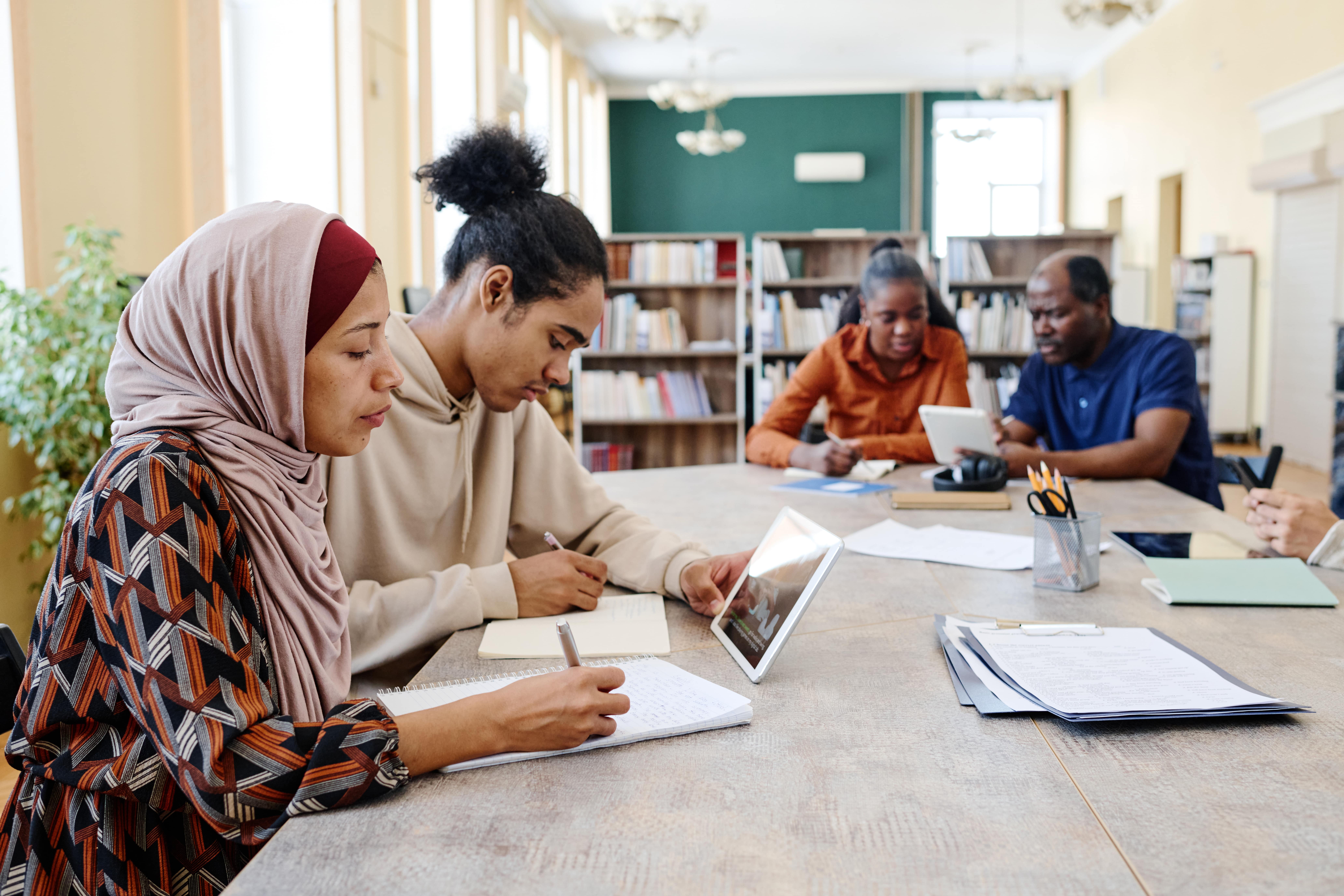
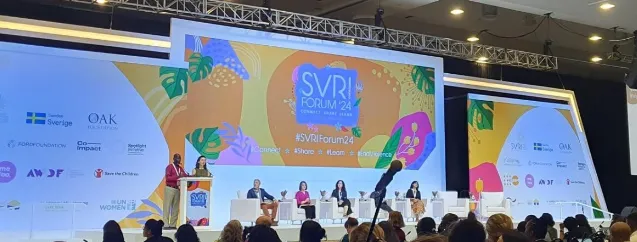
Explore Elrha
Learn more about our mission, the organisations we support, and the resources we provide to drive research and innovation in humanitarian response.